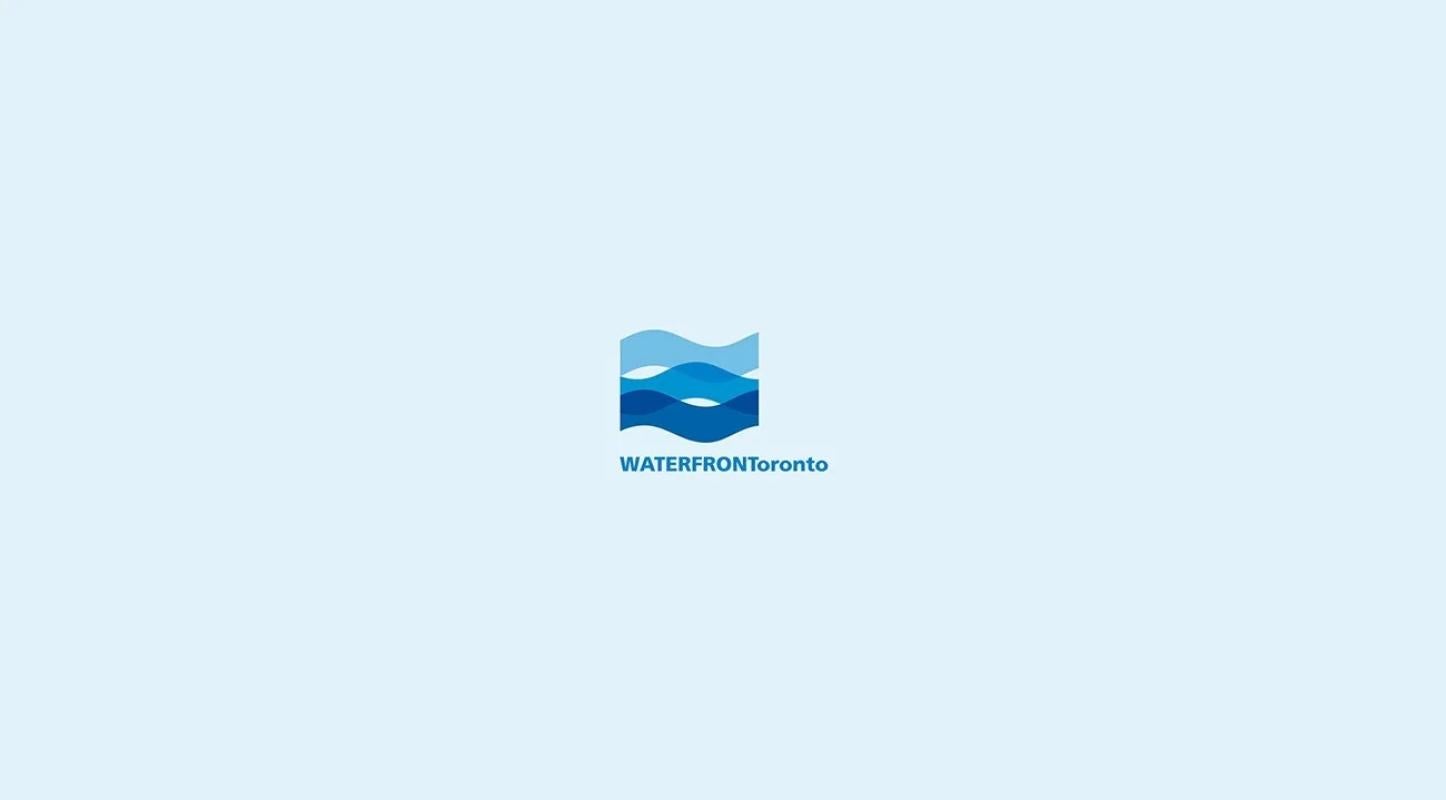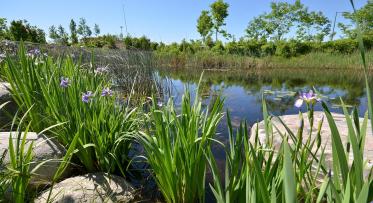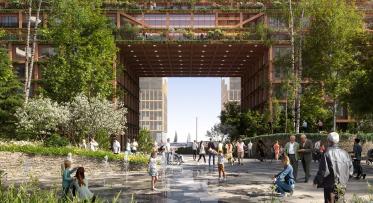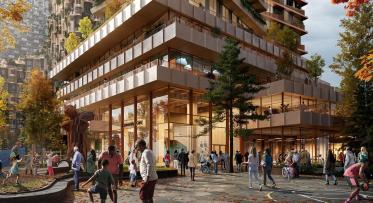Waterfront Toronto unveils plans for a pilot soil recycling facility that will set new environmental sustainability standards
June 15, 2010, Toronto, ON— Waterfront Toronto today unveiled detailed plans for a pilot soil recycling facility in the Port Lands. Once established it will be the only known soil washing-based pilot plant operating in Canada.
Waterfront Toronto is conducting the soil recycling pilot as part of its Soils Management Strategy to determine the viability of treating and reusing impacted soils as an alternative to the dig-and-dump approach.
The pilot facility is strategically located in the Port Lands to be able to treat soils near their source, divert soils from landfill, and provide Waterfront Toronto with a source of treated soil that can be used in revitalization projects.
Remediation efforts within the waterfront include the excavation and removal of contaminated soil, which is expected to generate in excess of two-million cubic metres of impacted soil. Soil treatment, remediation, and reuse will prevent the excavated soil from being transported and disposed of in landfill.
The pilot will process up to 50,000 cubic metres of soils in the pilot phase of operation employing the newest and best technologies available to treat contaminated soils. The pilot proponents, DEC and Tetra Tech, will use soil washing, complemented by field trials of a number of other cutting-edge technologies. Soil-washing is a technology that has been successfully used to promote the recycling of soils in several other countries.
The pilot allows Waterfront Toronto to better assess the environmental, economic and operational viability of treating and reusing soils before committing to a full-scale recycling facility. The goals of the pilot are to identify a range of treatment options and costs of remediating soil; confirm that impacted soil can be treated to an environmental condition that allows it to be reused in revitalization projects for residential, parkland and commercial projects; and showcase treatment technologies that will benefit brownfield remediation.
“We have been presented with a unique opportunity to help bring Ontario to the leading edge of Brownfield remediation using sustainability and technology,” said John Campbell, President and CEO of Waterfront Toronto. “By using state-of-the-art technologies and processes not widely used in Canada, we have the opportunity to turn contaminated soils into a resource instead of a liability. This facility has the potential to change the way impacted soils are treated on the waterfront and possibly across Canada.”
Creating sustainable communities is a fundamental objective for Waterfront Toronto. In addition to requiring LEED® Gold certification as the standard on all new buildings, Waterfront Toronto is employing innovation and technology to advance standards in brownfield remediation. By employing global best practices and made-in-Toronto solutions, the city’s new waterfront communities will protect and enhance our natural environment, and will ultimately be recognized as global models for sustainability.
Waterfront Toronto’s sustainable development approach is guided by a comprehensive Sustainability Framework, which serves as a roadmap to ensure that sustainability principles are woven into every facet of operations and decision making.
The public will have an opportunity to review the project in further detail at a public meeting on Wednesday, June 16 from 6:30 p.m. to 8:30 p.m. at the Toronto Fire/EMS Training Centre located at 895 Eastern Avenue. Members of the project team will present detailed plans for the facility and answer questions.
- 30 -
Media Contact:
Tari Stork, Manager, Project Communications, Waterfront Toronto




